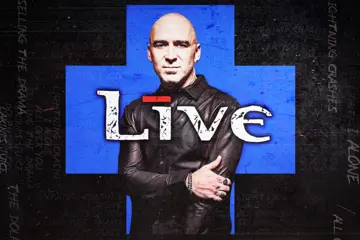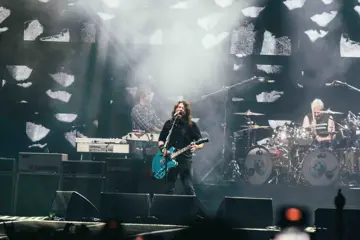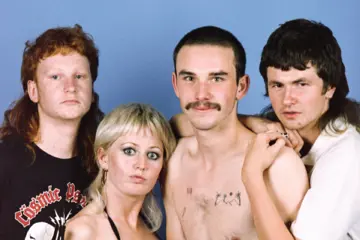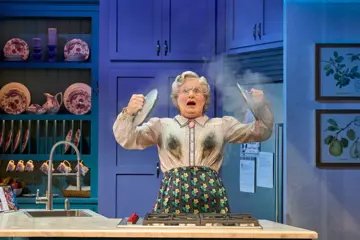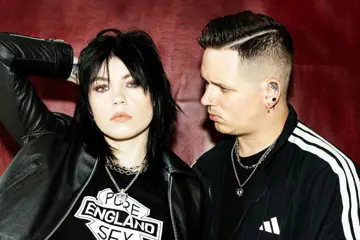Aladdin
★1/2
A whole new world? Well, not really. A new fantastic point of view? Definitely not. A dazzling place you never knew? Not so much. Unbelievable sights? Um, no. Indescribable feelings? None.
Welcome to the new Aladdin, which is kind of like the old Aladdin, but also new. There’s contemporary pop gloss on the old songs, ‘photorealist’ CGI in a story that never begged for it, and Princess Jasmine now gets a you-go-girl empowerment anthem about how she’s no longer a meek wallflower but an Instagram-fierce babe who should be Sultan.
But, none of these oh-so-’10s additions can camouflage the fact that this Aladdin remake is a movie out to monetise nostalgia. Disney’s gonna Disney, and after the shit-ton of cash its Beauty & The Beast re-do made, that means they’re gonna never stop (never stopping) with their slate of ‘live action’ remakes. And, so, wedged in the brief release-sheet window between the recent Dumbo redux and the imminent Lion King thing, here’s yet another new spin on something old and familiar.
Whilst there’s plenty of nostalgia to be mined from a Syrian folktale that first found literary popularity in 18th century France, here the nostalgia is laser-focused on past Disney IP. Those who loved the 1992 animation as kids are now old enough to have kids of their own, the marketing thinking goes. Thus the nostalgia is ’90s tinged, with Will Smith playing the role of the Genie in full (and noticeably camp) Will Smith ways: rappin’ through Friend Like Me, getting’ Fresh (Prince) and/or jiggy with it, and turning the finale into a movie-branded credit-roll counter to Men In Black and Wild Wild West. This leads to the question that’s plagued philosophers this entire century: did the Willennium end in 1999 or begin in 2000?
Don't miss a beat with our FREE daily newsletter
Tasked with making this family-friendly, committee-thinking, brand-managing musical is, um, Guy Ritchie. You can understand someone’s boardroom lightbulb moment — Aladdin is a thief! Let’s get the Lock, Stock & Two Smoking Barrels guy! — but Ritchie does little to make his presence felt, here; or to mount a persuasive case that he should helm another musical in the future. After being wildly overrated with his early geezer movies, Ritchie recently tilted towards vastly underrated; the box office failures of The Man From UNCLE and King Arthur: Legend Of The Sword seemingly erasing the fact that each were energetic, well-mounted, brilliantly-edited pieces of knowingly-silly cinematic escapism.
After this Aladdin, well, who knows what to make of Ritchie, now. The film is visually unappealing, a digital-backlot production set in a host of gross CGI environments that work as neither stylised animation or photographic representation of reality. The musical numbers rarely pop, the choreography is tepidly cod-Bollywood, the scant moments of action are limp, and the whole thing feels cobbled together; as if its director was (or is?) a bland craftsman, hired to not get in the way. Not surprisingly, the whole film plays less as coherent cinematic vision, more corporate obligation.
And make no mistake, this spate of ‘live action’ remakes is coming from corporate edict. These’re decisions made for business, not art. Aladdin is yet another reminder that hand-drawn animation was an incredible artform: its lines expressive, its soul human. Here, the computer animation is a work of utter blandeur, with nary any visual style or wit. Ultimately, this Aladdin plays as failure of imagination, in both conception and delivery. There’s no new fantastic point of view, only the sight of a cinematic product at once achingly familiar and utterly displeasing.




